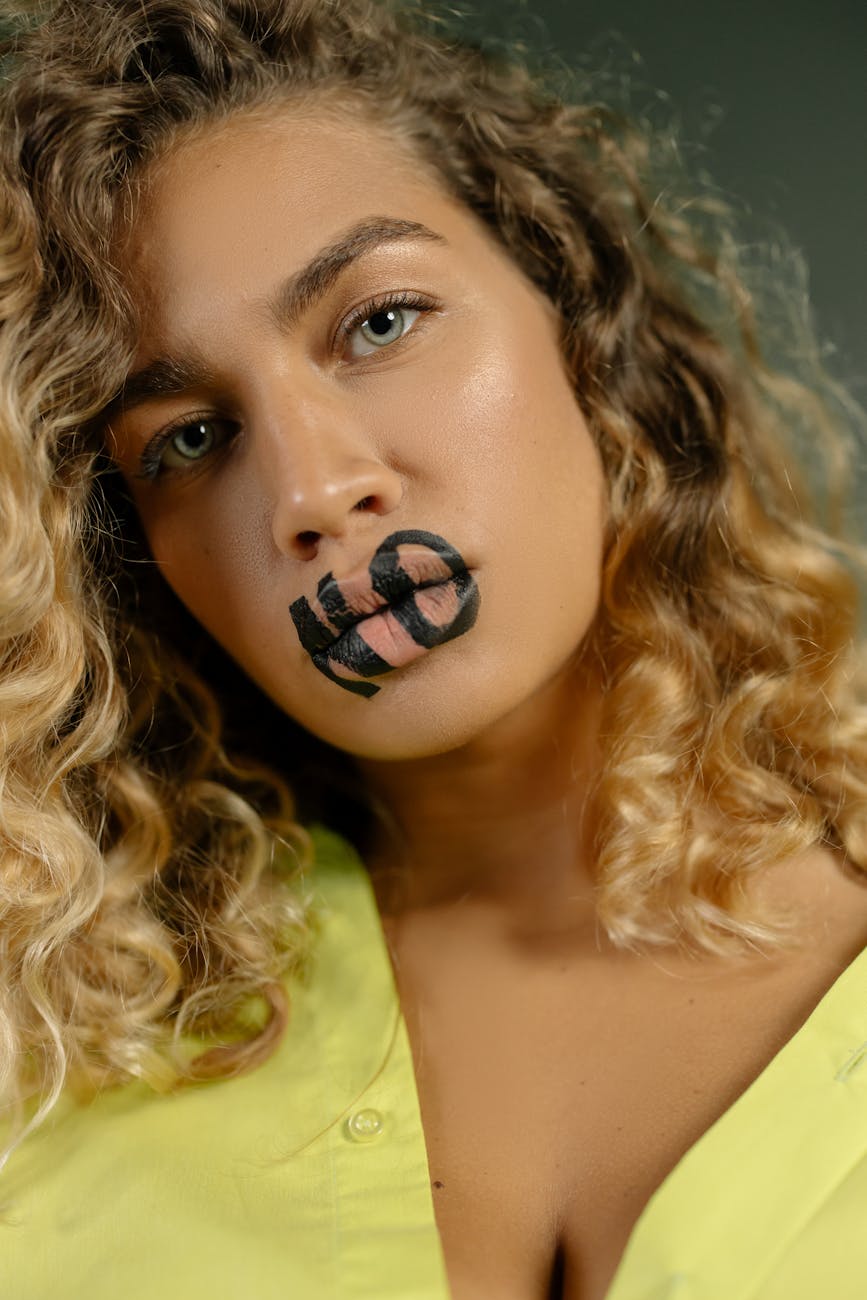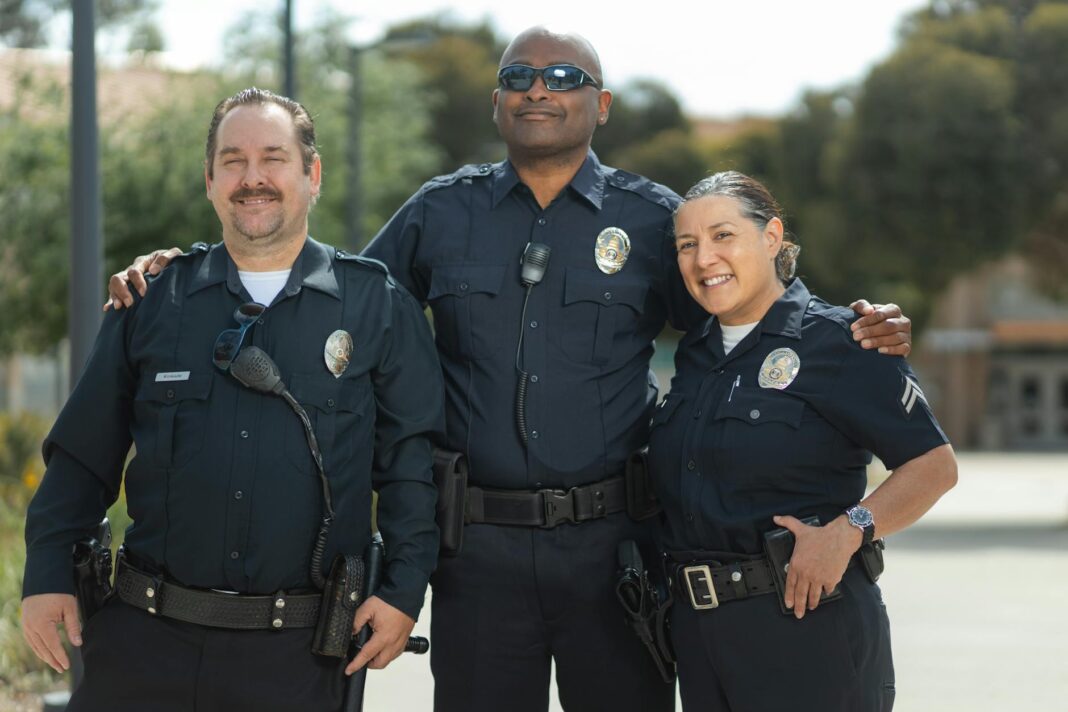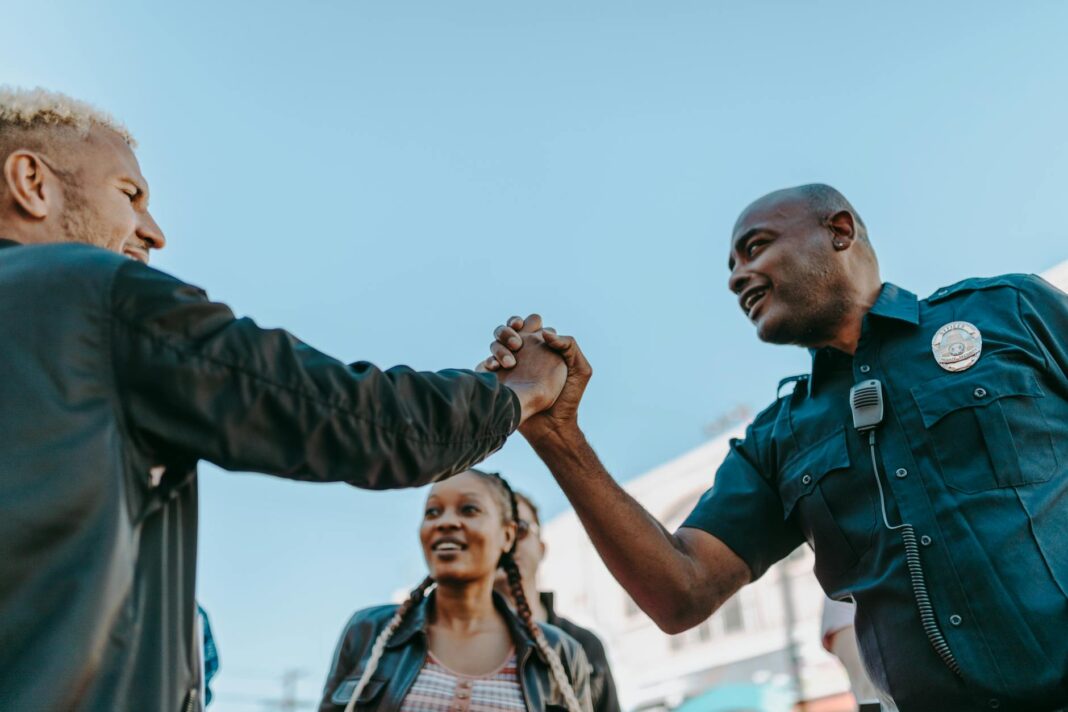Mahmoud Khalil’s Battle Against Deportation
Mahmoud Khalil, a prominent activist and former graduate student at Columbia University, is at a critical juncture in his life. After spending over three months in detention, Khalil has been ordered by a U.S. immigration judge to be deported to either Syria or Algeria. This decision not only impacts Khalil personally but also raises significant questions regarding the treatment of activists and immigrants within the U.S. legal system.
The Circumstances Surrounding His Detention
Khalil’s detention has been fraught with controversy. He was held in a facility that many consider harsh and inhumane, raising alarm bells among human rights advocates and legal experts alike. His case is emblematic of the broader issues facing immigrants in the U.S., particularly those who engage in political activism. Khalil’s supporters argue that his activism should not be a reason for deportation, highlighting the potential dangers he would face if sent back to either Syria or Algeria.
The Legal Battle Ahead
With the deportation order now in place, Khalil’s legal team is gearing up for a fight. They aim to appeal the ruling, arguing that returning him to either country could put his life at risk, given the political climates in both locations. Syria’s ongoing civil conflict and Algeria’s political repression create a perilous environment for someone like Khalil, who has openly criticized both governments. His legal representatives are working tirelessly to gather evidence and testimonies that will support their case for asylum, hoping to overturn the judge’s ruling.
Community Response and Support
The community’s response to Khalil’s situation has been one of solidarity and outrage. Activist groups and university organizations are rallying behind him, organizing protests and petitions to draw attention to his case. They argue that Khalil’s deportation is not just an individual tragedy but a warning sign about the increasing crackdown on dissent and the targeting of activists in the U.S. Supporters are leveraging social media platforms to amplify their message, urging the public to recognize the implications of Khalil’s potential deportation.
The Bigger Picture
Khalil’s situation points to a troubling trend in immigration enforcement and the treatment of activists. It raises critical questions about human rights, freedom of speech, and the responsibilities of the U.S. government towards those who seek refuge due to political persecution. As Khalil’s case unfolds, it will likely serve as a bellwether for the treatment of other activists caught in similar circumstances, making it essential for the public to stay informed and engaged.
Questions
What implications does Khalil’s case have for other activists facing deportation?
How can communities better support individuals like Khalil during legal battles?
What role should the U.S. government play in protecting political activists?


